We’re excited to introduce you to the always interesting and insightful Owenq Conway. We hope you’ll enjoy our conversation with Owenq below.
Hi Owen, thanks for joining us today. How did you learn to do what you do? Knowing what you know now, what could you have done to speed up your learning process? What skills do you think were most essential? What obstacles stood in the way of learning more?
I studied Acting at Stella Adler in Hollywood. The basic philosophy behind Adler’s technique is a dedication to the text and using one’s imagination to find what it is about the circumstances of the story that move you to act. Put simply, it’s about the character, not the actor. Stella said that an actor doesn’t look for themselves in the art, but the art in themselves. This approach teaches a degree of humility and makes for a “team player” mentality. I don’t judge actors who approach it from a different place, but I find it sucks a lot of the fun out of the work and hobbles a performer if you rely on emotional recall and personal history. Not that those things don’t have their place, but in my mind, they ought not be the main tools in your acting toolbox. I don’t know that there’s any way I could have gotten to it quicker as it’s really about experience, trial and error and being comfortable falling on your face. We need to have a lot of self confidence, but ego is dangerous for an actor. I think once I learned to shed my ego and support my fellow artists is when I really hit my stride as a performer. that can be tough for an actor, but it makes for a much more rewarding experience. I apply this basic philosophy to my work across the board. Writing, Directing, Editing, ought to be about serving the story and giving one’s fellow creatives a place to express themselves. In my experience, it invariably makes the work better. Let the story dictate your creative choices and you’ll never be sorry.
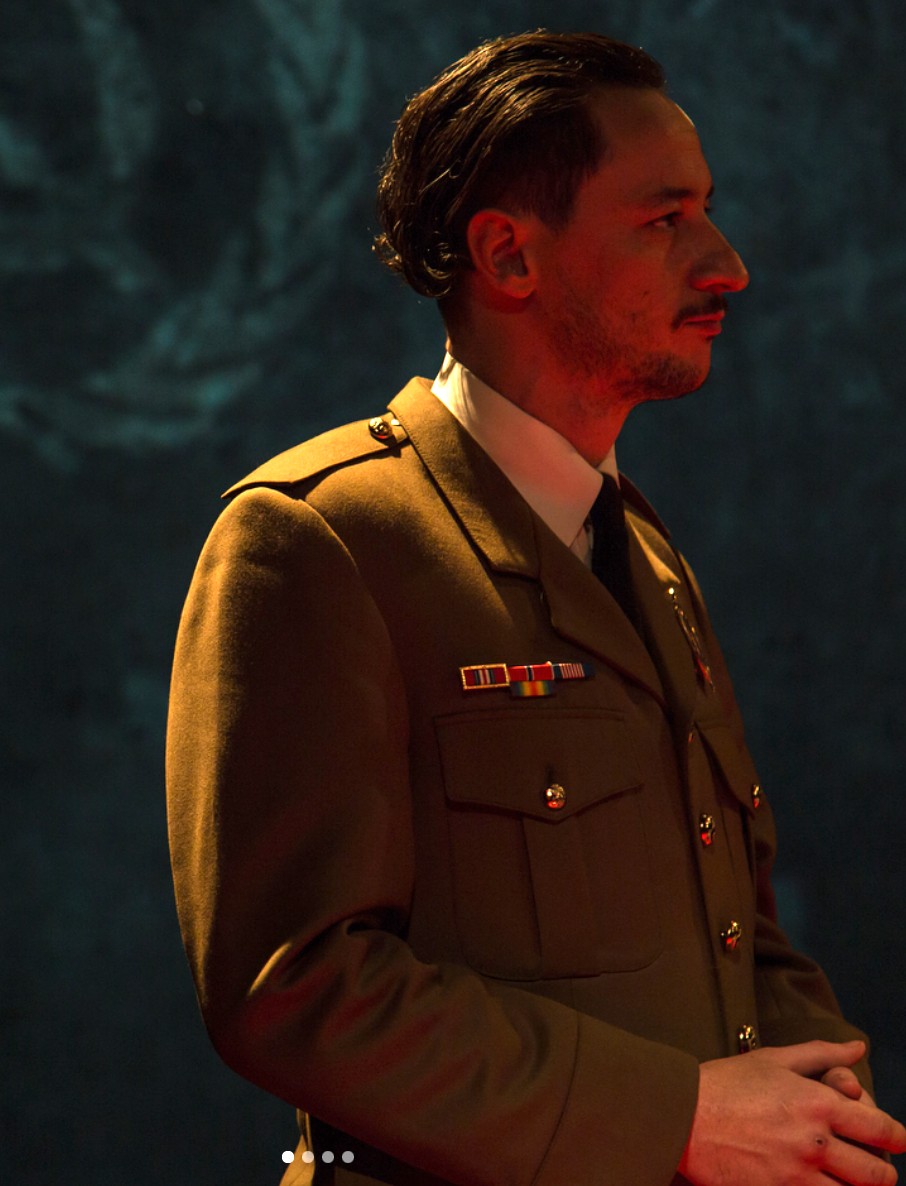
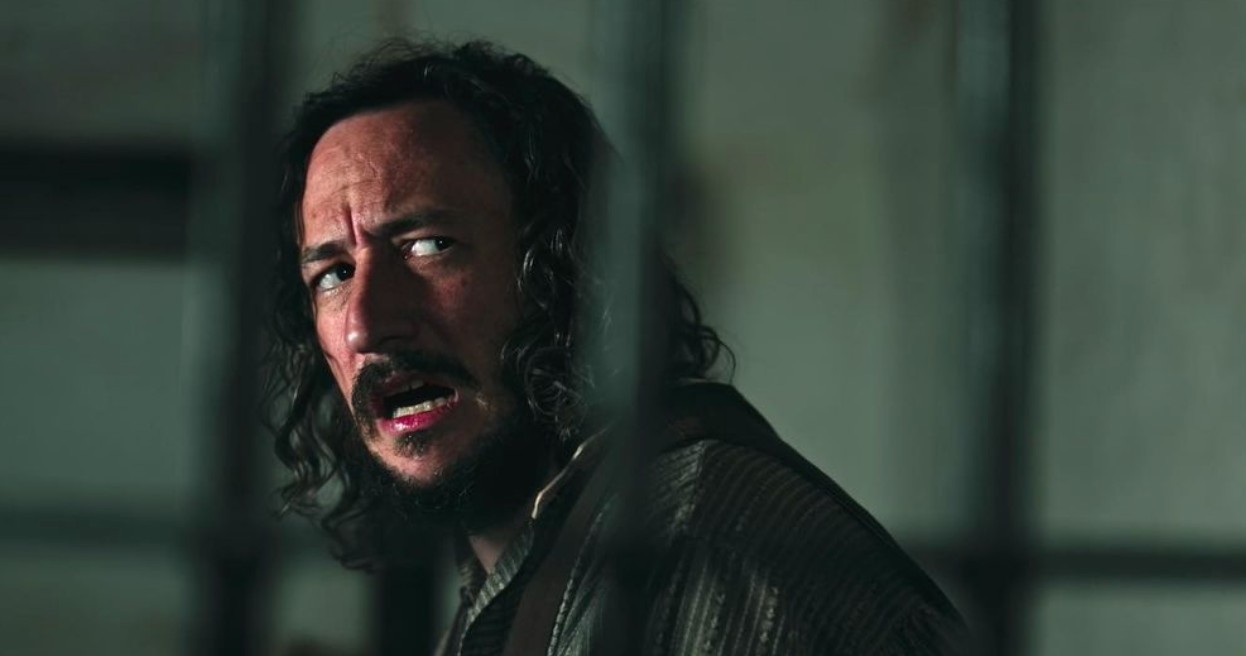
Owenq, love having you share your insights with us. Before we ask you more questions, maybe you can take a moment to introduce yourself to our readers who might have missed our earlier conversations?
I’ve been acting since I was a kid, but only really started doing it professionally in my 20s. I was invariably drawn to darker material. Stuff that goes uncomfortable places and makes us think about what it means to be human. My writing springs from the same place. I get bored easily so it’s important to me that my work be something a little dangerous. Horror is a great place for a storyteller because the rules are less clearly defined. You can play with all different genres and defy easy categorization under the banner of horror. I love stuff that can make you laugh, cringe and cry. But I really believe that my basic job is to tell the story. If you quiet your mind and let the character guide you on their path, the work can be transcendent. I hope that those I work with always find in me a dedication to story and a supportive collaborator. If we work together, I want you to feel I have your back. I want us to feel that we can take risks together and even if we fail, we can pick each other up and try again. This type of work is a team sport.
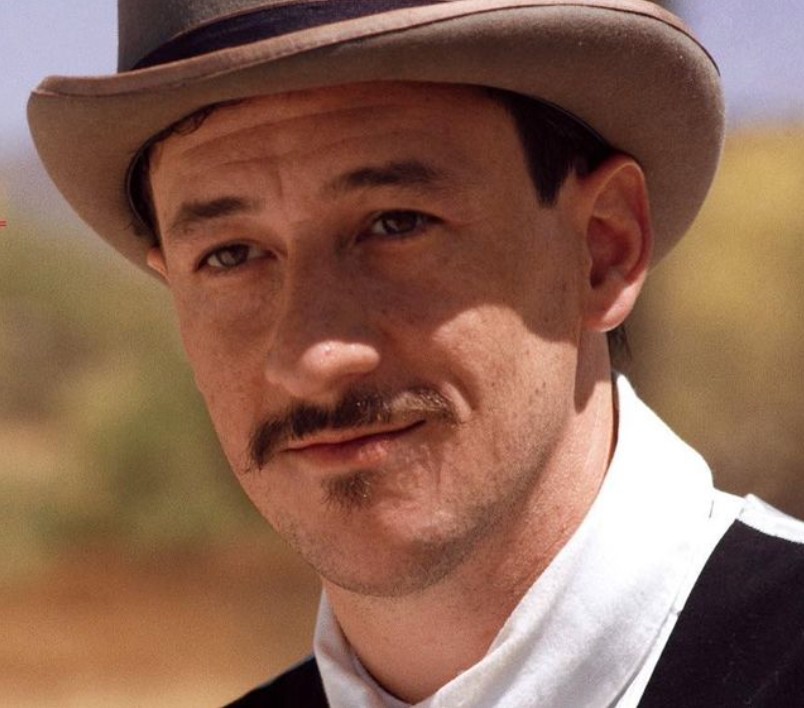
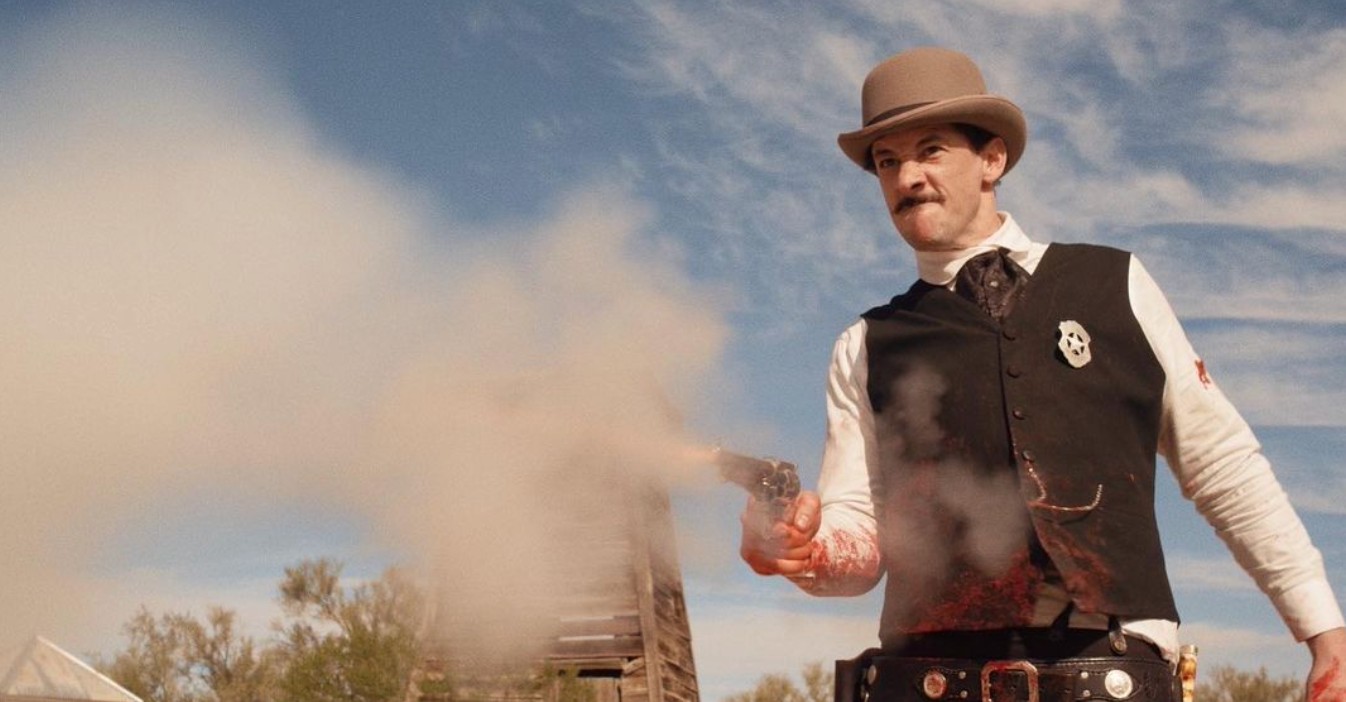
What’s the most rewarding aspect of being a creative in your experience?
Storytelling is a fundamental part of what it means to be alive in this world. Since early humans sat around a fire and looked out into the darkness behind them, imagining what was out there, storytelling has been more than an escape. It’s a chance to connect with our past, our future and the invisible energy between us. I believe storytelling is the beating heart of humanity. My work broadens my mind and makes me a more open and honest person, I’m always learning from other artists. I’ve made lifelong friends through this work. It’s pushed me past my breaking point many times and I’ve learned that I am stronger than I know. This work can show you who you are if you let it. Sometimes it’s agony and sometimes it’s ecstasy. But it’s always worth it.
Storytelling can save lives. It can open hearts and minds. It can change culture. and it can even provide the closest thing we have to immortality. I can’t imagine doing anything else with my life.
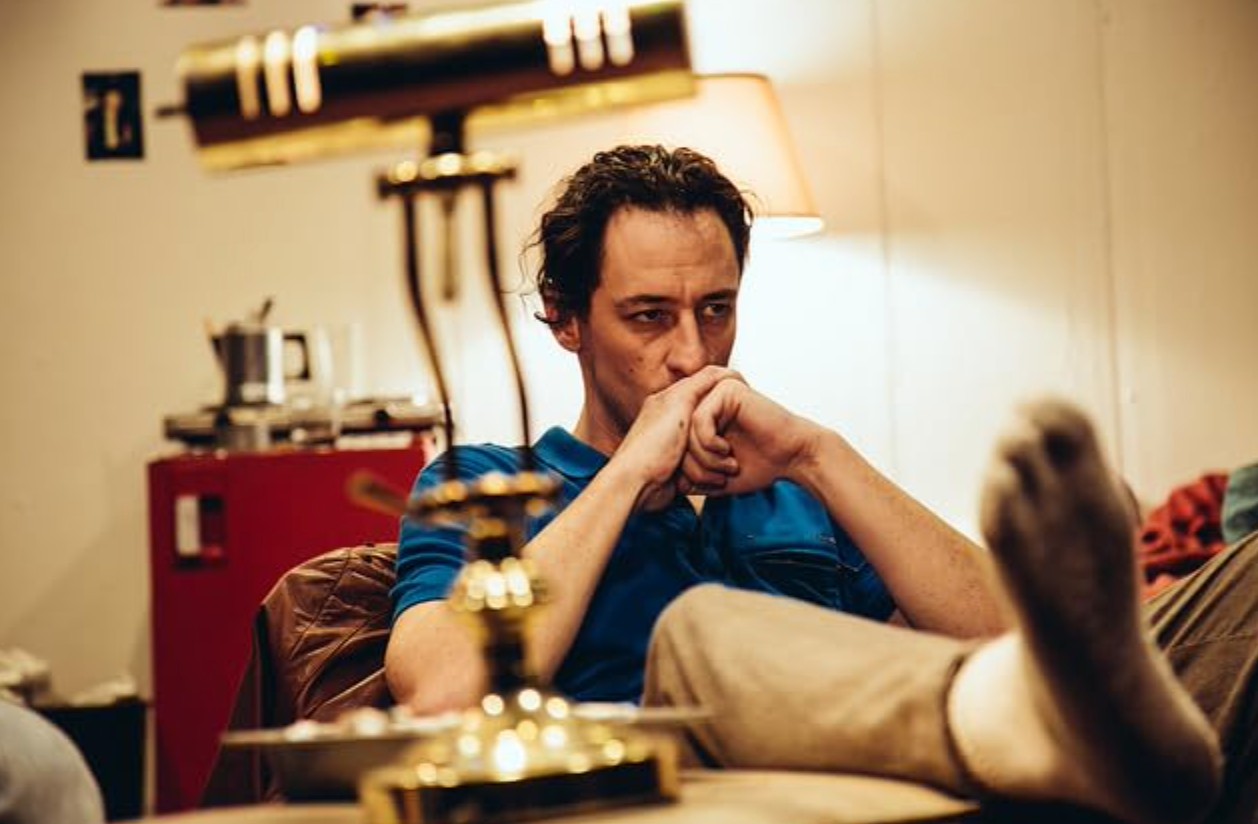
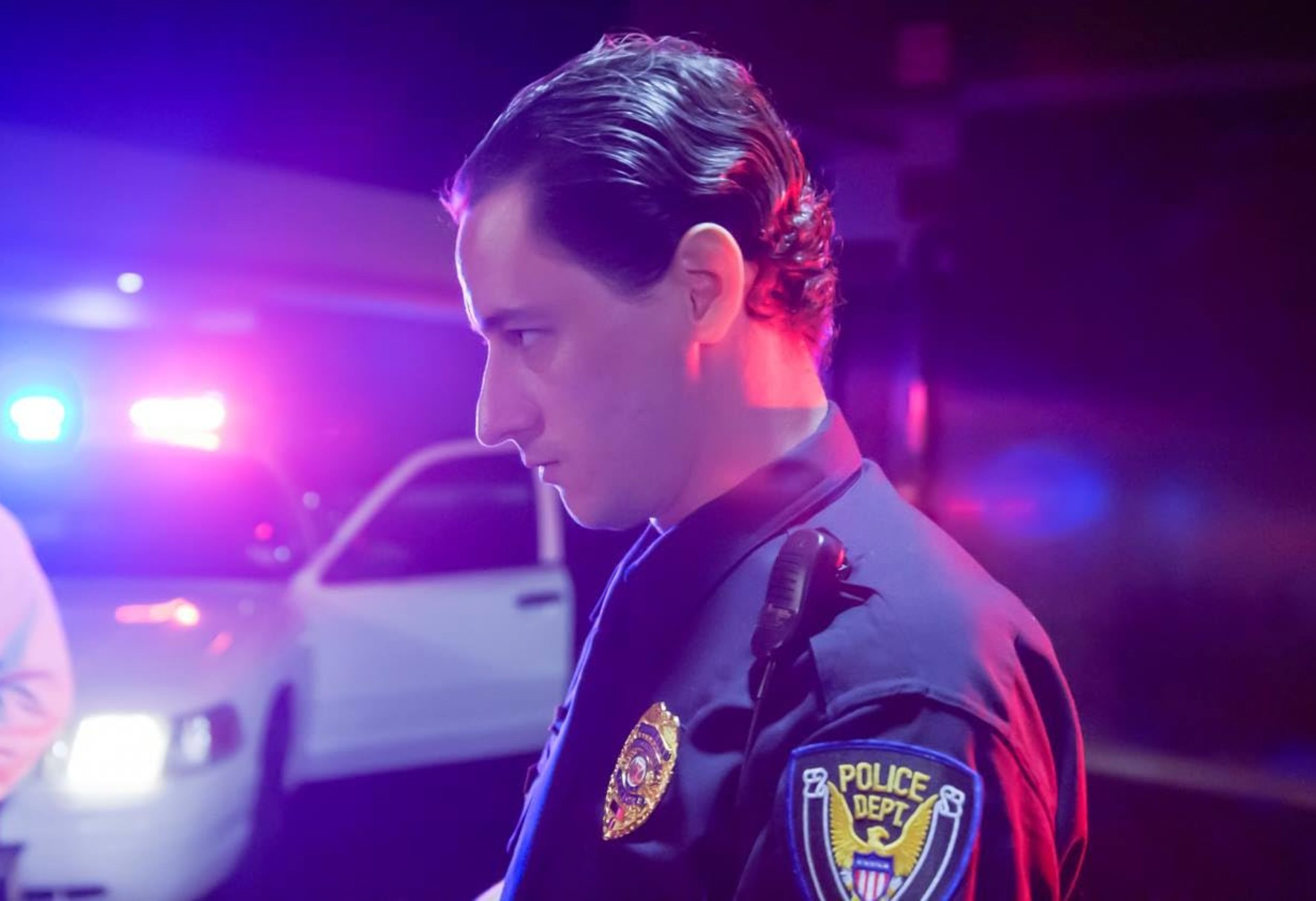
What can society do to ensure an environment that’s helpful to artists and creatives?
It’s no secret that Artificial intelligence is a threat to an artist’s ability to make a living. We need to prioritize human-produced art, music and stories. This work is already insanely competitive and every artist makes deep, lasting sacrifices for the right to call themselves a professional. No robot will ever be able to recreate the magic that happens when a piece of art, created by a stranger touches your soul. If we don’t protect that, we stand the risk of losing it forever. We also can benefit from seeking out new voices and new viewpoints. We can let our worldviews be challenged. We can move away from the idea of only consuming art that is tailored to our respective demographics. Art shouldn’t only be about telling us what we want to hear. I mean, sometimes it is, and there’s nothing wrong with that. But if we’re only listening to our own voice, we drown out everyone else and lose connection. That increases isolation and deepens division. And I think that can be deeply harmful to our minds, our health, our souls and our survival as a species.
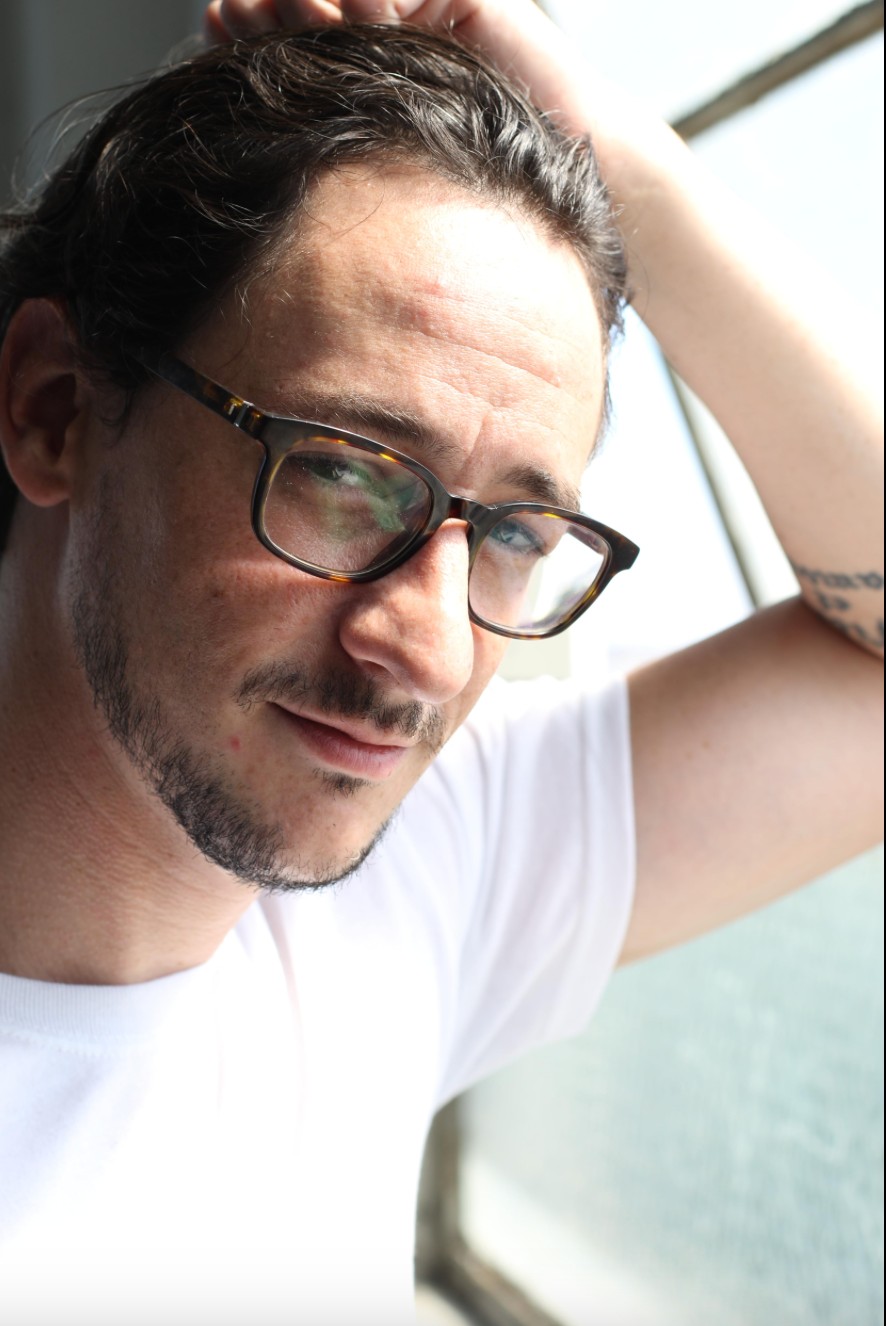
Contact Info:
- Website: https://linktr.ee/owenconway
- Instagram: @owentconway
- Twitter: @owenconway
- Youtube: @owenconwayactor
- Other: TikTok: @owenconwayactor


